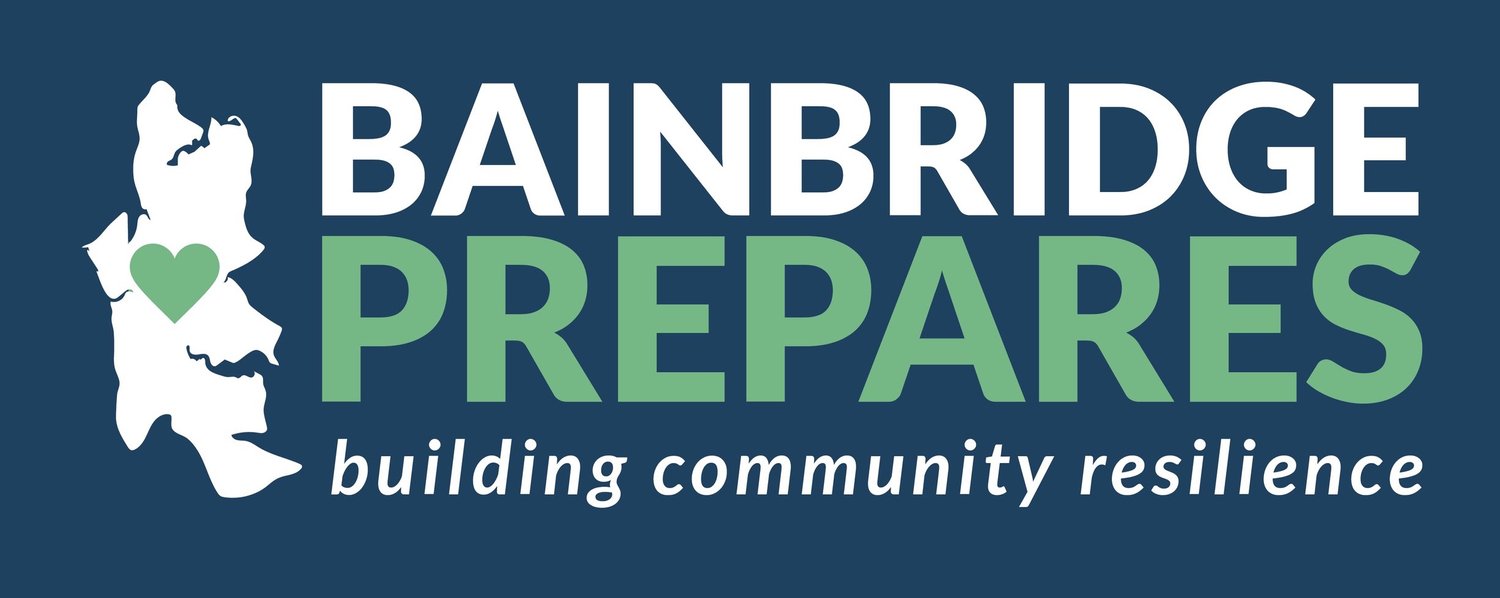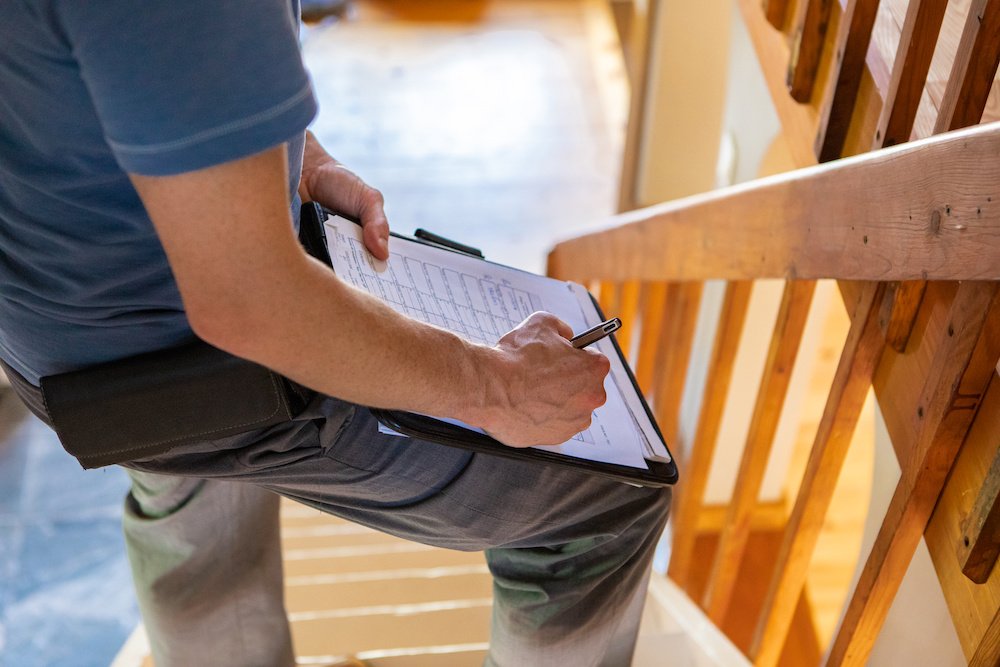Home Hazard Hunt
The Washington State Military Department (WSMD) has created a simple one-year guide—Prepare in a Year—to help people tackle one task per month. We will follow it here to help you prepare in one category every thirty days so that you will make progress monthly and feel ready by the end of the year. If you are preparing your family, make sure your family members know what to do as well. If you are preparing your business, make sure your colleagues or employees are up to date.
It’s December and it’s raining cats and dogs and a few large farm animals as well. So what are you going to do to prepare for emergencies at such a time? Stay inside and look around! This is a good time to review everything you’ve done on this 12-month journey to prepare—and feel good about all that hard work. It’s also the time to make sure you haven’t missed anything.
Water Heater
Is your water heater securely fastened to wall studs at the top and bottom with heavy-metal strapping? If not, this is an easy upgrade to do yourself. Also make sure that your water heater is connected by flexible connectors to the water source and power source. If not, consider upgrading the connectors, as rigid connectors will simply snap in an earthquake.
Furniture and Appliances
Walk around your house with an eye toward what will fall in an earthquake. Tall furniture, your refrigerator, and stacked washer/dryer units are especially susceptible. Fasten furniture to wall studs with furniture straps screwed into the backs. Secure your appliances with appliance anchors.
The items you have on the tall pieces of furniture will fall in an earthquake. Place items of value closer to the ground and use furniture putty to secure objects that might hurt someone if they fell.
Secure your TV, microwave, and other small appliances as well. Hanging objects will swing wildly in an earthquake. Make sure these items won’t swing into windows, breaking them. Large heavy mirrors will fall off walls unless they are anchored. Don’t forget items that hang on walls beside beds.
Finally, remember to check your garage, car port, and sheds for items that need to be secured.
Toxic Chemicals
In an earthquake, items fall off shelves. You don’t want toxic chemicals, poisons, and solvents falling off shelves, breaking and spilling out. During your hazard hunt, make sure these items are closer to the ground and/or sealed in locked cabinets that won’t fly open during an event.
Exterior
When it stops raining, if you live in a house, go outside and have a look around. If your house was built before 1985, you might need to retrofit for seismic safety.
First, make sure your home is fastened to the foundation. Otherwise, in an earthquake, it might slide right off. The cripple wall should be attached to the foundation with metal fasteners, the first floor should be attached to the cripple wall, additional stories should be connected to the ones below, and the roof should be connected via metal fasteners to the top story.
Do you have a brick chimney? If so, look for loose bricks. In an earthquake, brick chimneys will collapse and/or bricks will fly out from the stack. You might need to have the chimney reinforced. There are three ways to do that: You can grout vertical reinforcements on the interior, you can anchor horizontal reinforcements in the mortar bed, and you can secure the chimney to the house frame with anchor straps.
Celebrate
You did it! You carefully prepared over the course of a year. Congratulate yourself and sleep better at night. Watch for news about an exciting year-long preparedness event on Bainbridge Island in 2024.

